Game Consultant: Aileen
Telegram:@qpkf1688
WhatsApp:+62089514312309
E-mail:Aileen@foxuc.cn
Telephone:400-000-7043
Wechat:15099945310
Commonality of Social Needs
Chess and card games not only offer rich entertainment but also serve as a medium for social interaction, helping people build and strengthen connections, a dynamic that may be even more prominent in some international areas.
In the Middle East, social areas like coffee shops which known as the “council chambers” often serve chess and card games for people to enjoy. The social habits of the local people are deeply influenced by religion, and maintaining the stability of group relations is the main social need of the local people. There is also a history of social entertainment through chess and card games in Southeast Asia. Most Southeast Asian countries pay great attention to harmonious relationship among families, neighbors and teams, and maintaining strong community and family ties is their main social need. Traditional chess and card games are used for recreation as a way to connect family members and community members.
The shift from offline chess to online chess has not altered people's tendency to strengthen emotional bonds and connections through games.
Common Social Functions
1. Chat system and stickers
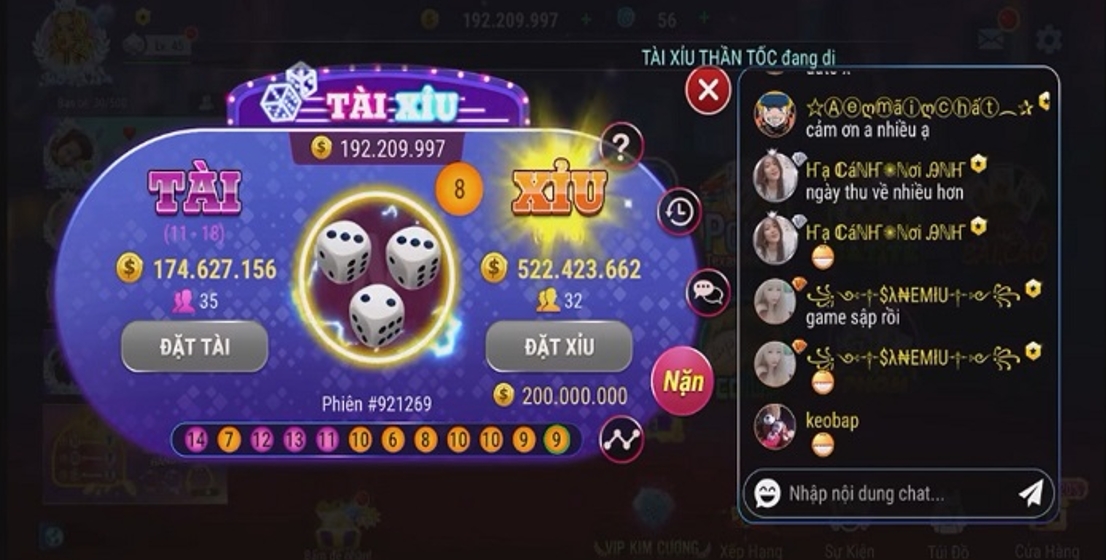
Typically, the chat systems in chess and card games feature chat boxes and basic interactive text. More advanced designs may include localized pop-up emoticons and stickers to enhance the interaction experience.
2. Friend system and social media integration
The friend system enables players to add friends, send gifts, and integrate with popular local social media platforms. This allows players to share their game progress and achievements on social media, while also interacting with friends more easily.

3. Player community and battle mode
Players can join or create community teams with specific interests, regions, or personal themes, and participate in group-based activities and battle modes to enhance player communication and interaction.
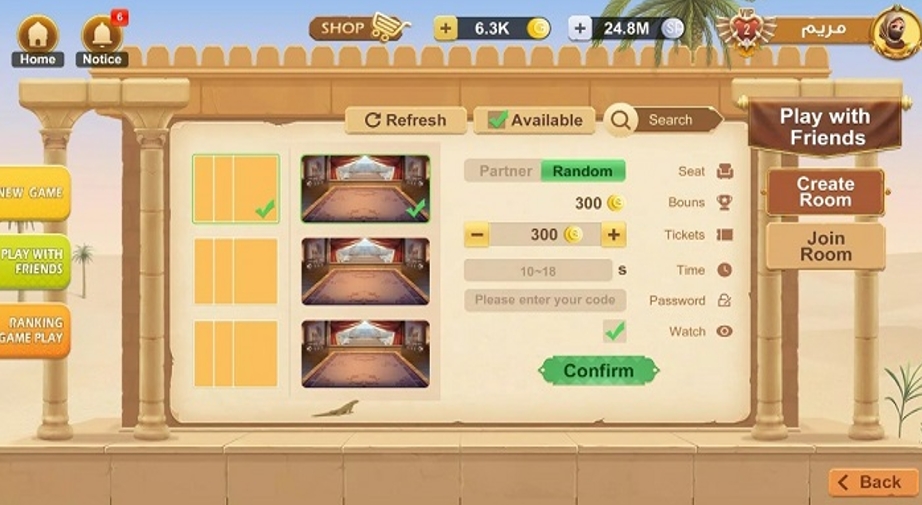
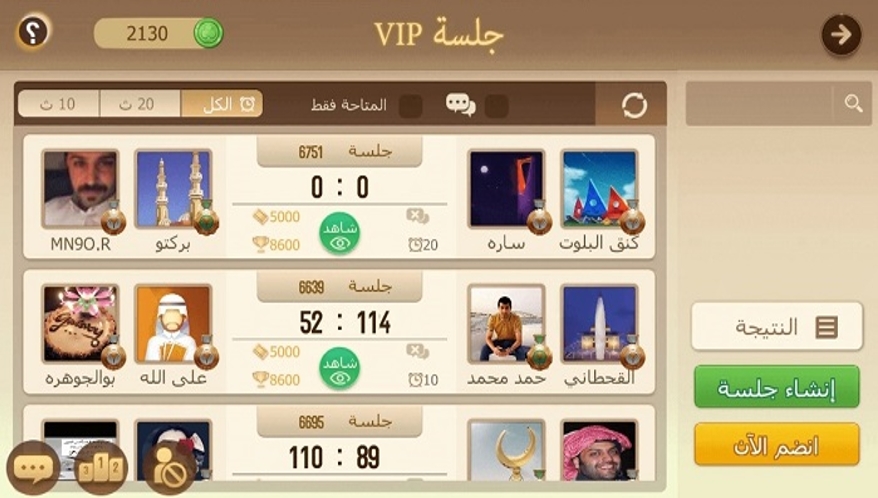
Customize Social Functions Based on Local Contexts
To meet the social needs of players in various regions, chess and card games adapt their forms and content based on distinct cultural backgrounds and varying requirements. This differentiation ensures that the games resonate with local players and effectively address their specific social needs.
1. Language support
In terms of game language support, the board game market in Southeast Asia places greater emphasis on multilingual interoperability, requiring support for a variety of local languages such as Thai in Thailand and Indonesian in Indonesia. Meanwhile, in the Middle East, due to the influence of religion and the Western education system, both Arabic and English are widely used. As a result, most board and card games in the Middle East are equipped with support for these two languages.
2. Social Media Integration
When it comes to the use of social media, Middle Easterners are very fond of WhatsApp, Instagram, and Twitter, while young people in Southeast Asian countries use Instagram, TikTok, and Facebook with a high frequency. When integrating the friend system with social media, it is generally necessary to consider equipping local social media channels with high frequency of use.
3. Community social
Many Middle Eastern countries impose strict restrictions based on religious and cultural norms, often resulting in separate social circles for men and women. In contrast, social interaction between men and women in Southeast Asia is relatively unrestricted. As a result, players in the Middle East tend to have a strong preference for traditional social functions in online games, while chess and card games in Southeast Asia place greater emphasis on features like game live streaming and viewing functions.
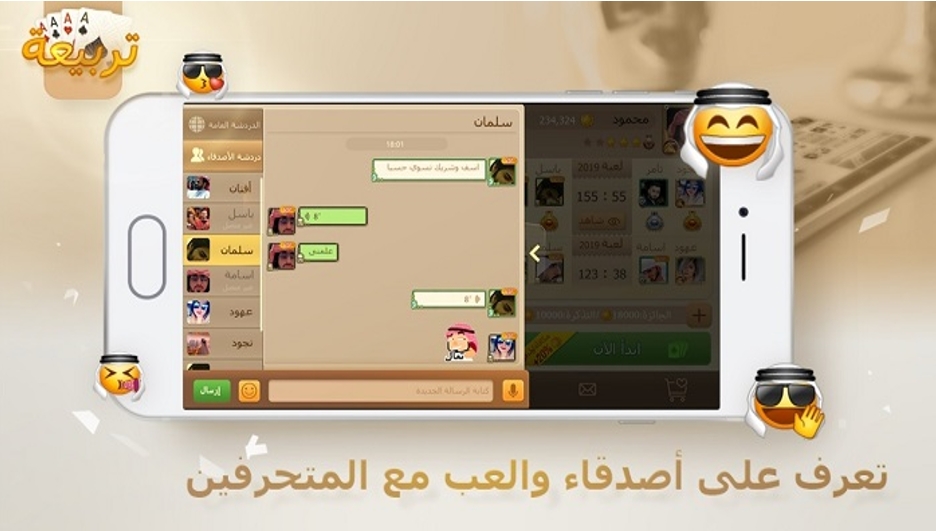
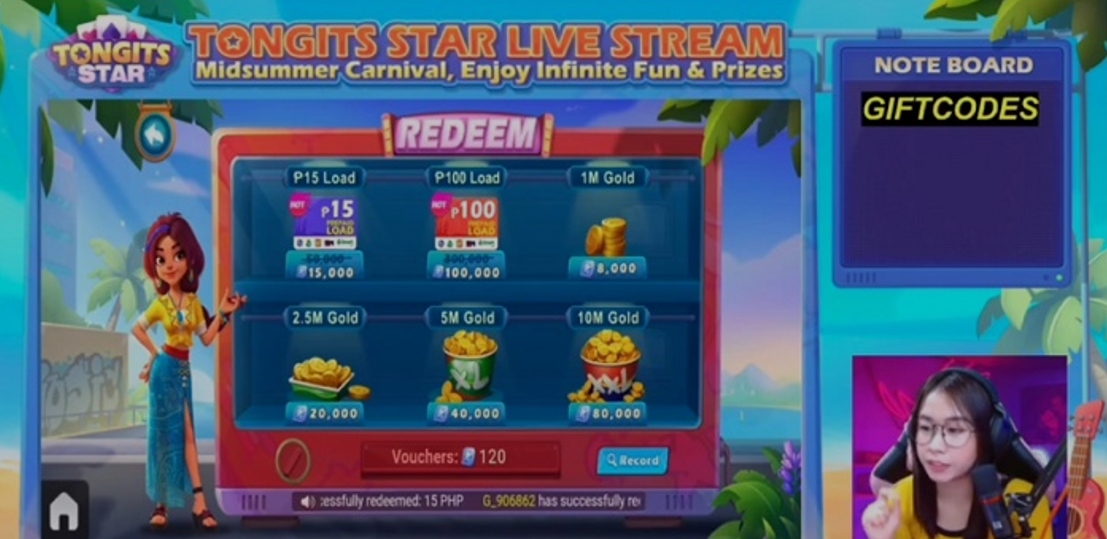
4. In-game purchase
In Southeast Asia, where internet penetration is relatively high, players have a strong acceptance and demand for virtual items such as goods and props. In contrast, the Middle East's entertainment regulatory environment is more restrictive, making virtual item trading and market functions less common. Instead, Middle Eastern chess and card games tend to focus more on interactive features like skins and VIP privileges.
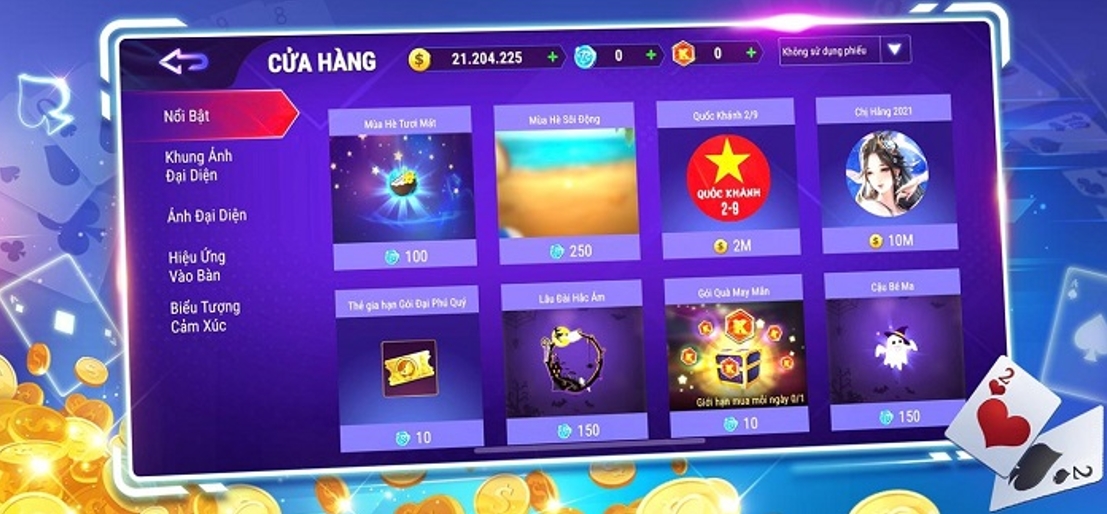
5. Competitions and Leaderboards
In Middle Eastern countries, social activities place significant emphasis on social class order, with respect for elders and authority being a widely accepted social norm. While social hierarchy remains important in certain Southeast Asian countries, such as Thailand, it is generally more flexible and inclusive compared to the Middle East. This difference is reflected in game leaderboards: board games in Southeast Asia tend to prioritize individual leaderboards, encouraging competition within local communities. In contrast, the Middle East focuses more on regional and even national competition.
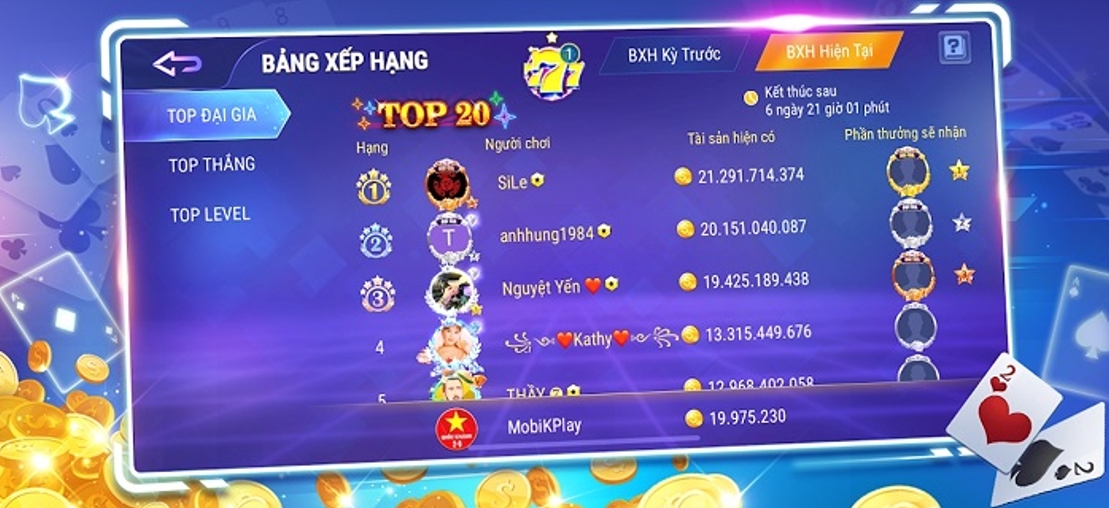
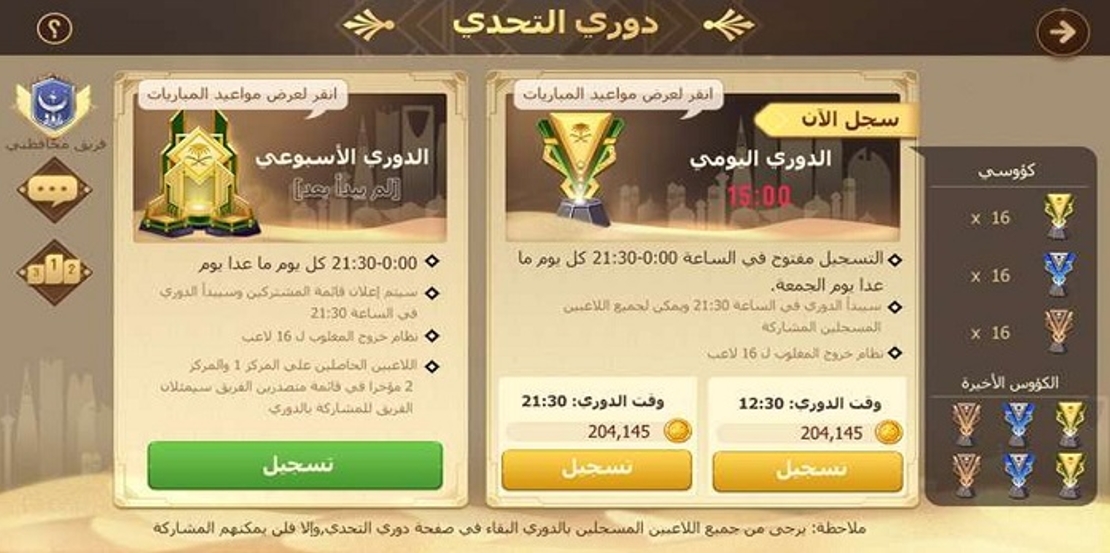
Summary
While many overseas markets share similarities in their social functions, there are also nuanced differences that reflect the cultural traits and player preferences of each region. These distinctions offer valuable insights for the localization design of social features in chess and card games as they expand internationally.
With over a decade of expertise in chess and card game development, Foxuc has a proven track record of successful localization projects. Our company possesses deep insights into the global market, offering specialized services in game localization, custom development, and strategic collaboration with regional gaming networks. For those interested in custom game development, partnership opportunities, or gaining insights into industry trends, we are eager to engage in deeper discussions and collaborations.

